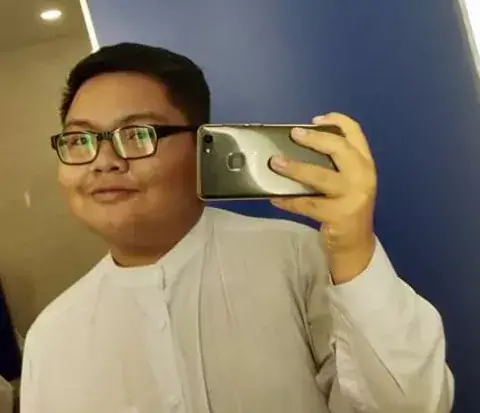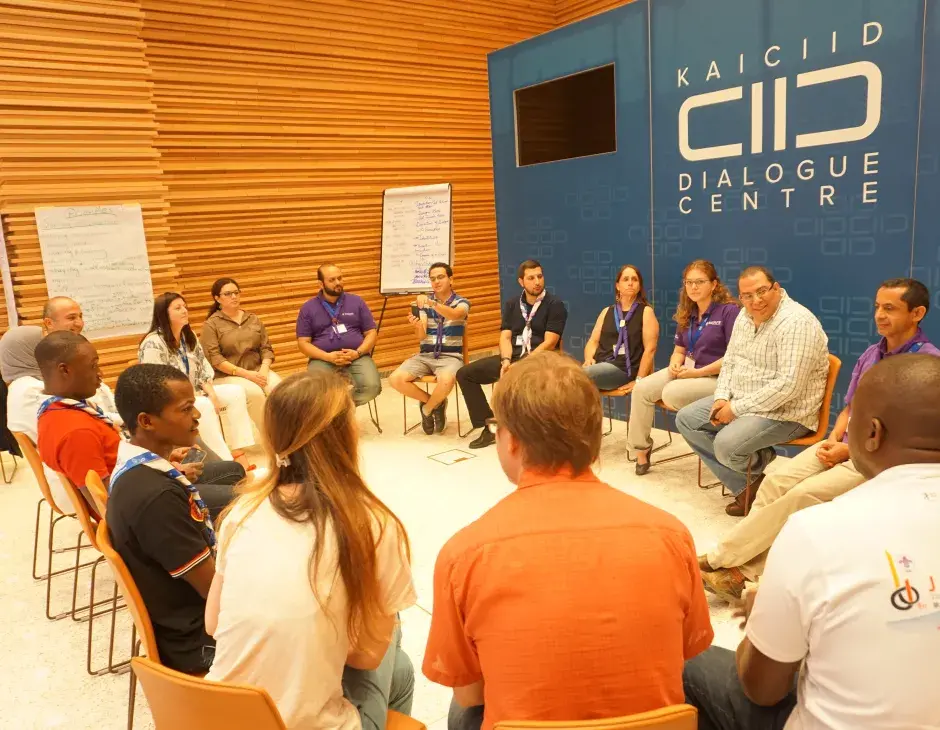Over 2000 youth have benefited from the Dialogue for Peace Programme, implemented since 2015 by KAICIID in collaboration with the World Organization of the Scout Movement (WOSM). Only this year, dialogue trainings reaching over 500 youth took place in Austria, Belarus, Myanmar and Zimbabwe, ahead of an upcoming training of trainers scheduled in Panama for September. During this active holiday season, 4 beneficiaries of KAICIID’s main youth programme reflect on the role of youth in dialogue and their own experiences after being trained and becoming trainers themselves.
In the following interviews, Nargiz Balakishiyeva, Azerbaijan; Seruya Damasco, Curacao, Jude Essosolim Assoti, Togo; and Myo Htut, Myanmar, ranging from 19 to 30 years old, talk about how they have been changed by their dialogue experiences and the importance of training youth in dialogue. They believe young people are very open minded and passionate, which makes them invaluable multipliers when they are convinced about the importance of something, dialogue in this case.
They have learned that dialogue is key in conflict prevention and peacebuilding, and they think that working with youth can prevent problems in present and future generations. And although they know the theory, they acknowledge the challenges of applying it at the personal level. Despite the struggle, however, they are still powerful dialogue ambassadors, convinced that practice will make them stronger every day.
Nargiz Balakishiyeva: “If you want a dialogical person, it is better to get the skills while you are a teenager”
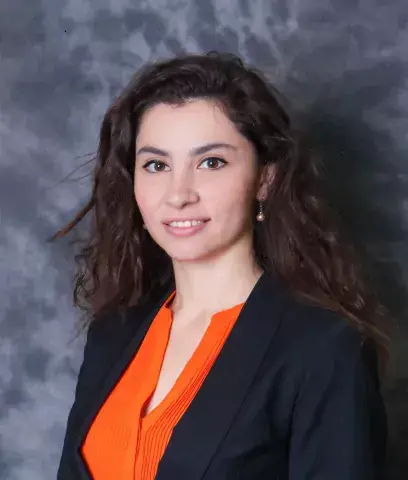
Seruya Damasco: “If we apply it in our daily life, we will have a snowball effect”
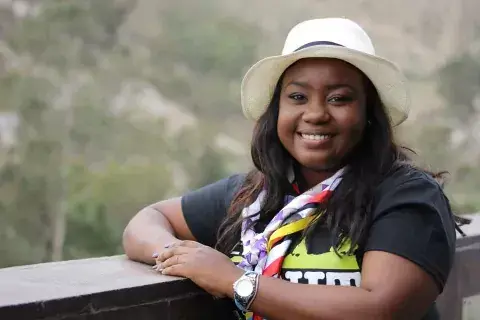
Jude Essosolim Assoti: “A well trained young person will be a responsible citizen in the future”
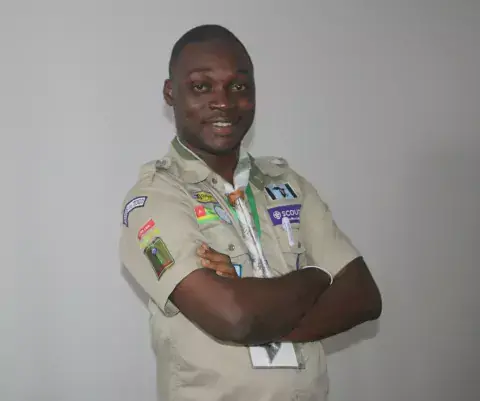
Myo Htut: “Youth can embrace diversity for a better life”
